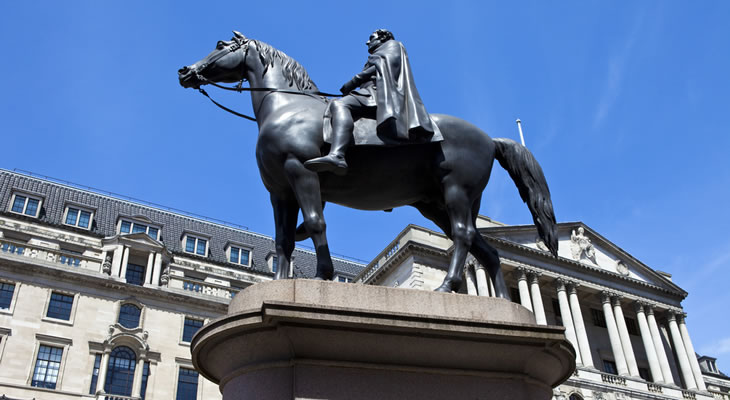The Pound Sterling to Euro (GBP/EUR) exchange rate strengthened to a session high of 1.354 on Wednesday as UK economic data beat economist forecasts.
Strong Economic Data Buoys GBP/EUR Exchange Rate
According to the Office for National Statistics, unemployment in the UK dropped to its lowest level in more than six years in the final quarter of 2014 adding to signs that labour costs could begin to build and send wages rising.
The overall unemployment rate fell from the 5.8% recorded in the third quarter to 5.7%. Adding to signs that the UK’s labour situation is set to improve was separate data, which showed that pay grew by 2.1%. That means that wage growth is now outstripping inflation by its biggest margin since 2008.
The data also showed that the number of Britons claiming unemployment benefits fell by 38,600 last month, beating expectations for a decline of 25,000. Decembers figure was also revised to show a drop of 35,800, an improvement on the earlier figure of 29,700. The claimant count has now fallen for a 27th consecutive month.
Wage growth also buoyed the Pound as data showed that the UK average earnings index, including bonuses rose by 2.1% in the fourth quarter, the number beat economist forecasts for a rise of 1.7%, and added to November’s 1.85 increase.
The stronger than expected data raised expectations that the Bank of England could begin to hike interest rates sooner than previously forecast.
‘Improving nominal pay, along with falling petrol and food prices, should combine in a powerful cocktail that puts the fizz back in the UK recovery. We expect the BoE to hike rates faster than the markets expect, starting with a first hike in February next year,’ said Rob Wood, an economist at Berenberg Bank.
Also released were the minutes for the BoE’s February policy meeting. The minutes showed that policy makers voted unanimously to keep interest rates unchanged at a record low of 0.5% and all agreed to leave the monthly asset purchase facility programme unchanged.
The Euro meanwhile remained under pressure from concerns over the negotiations between Greece and European Finance Ministers as well as worries over the conflict in Ukraine. The Greek talks are expected to grow increasingly lively as the two sides try to hammer out an agreement before the end of the month.
‘The tone between Greece and other European partners (is) less harsh but an agreement is still far from being reached. We still expect an agreement will be reached before the end of February, but we also see room for volatility until that time,’ said Analysts from BNP Paribas.

